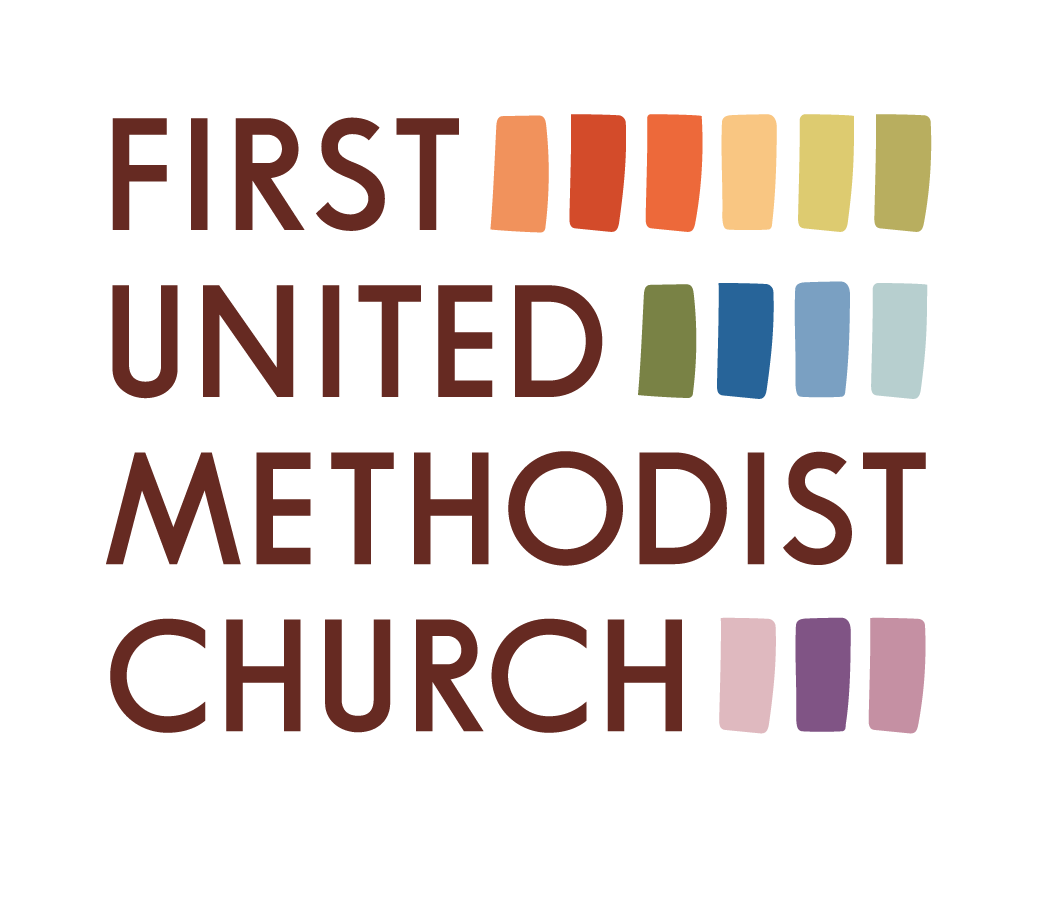Book Review: Why Religion Went Obsolete - The Demise of Traditional Faith in America
A new book, Why Religion Went Obsolete - The Demise of Traditional Faith in America by Christian Smith has recently been added to the library collection and is ready for checkout! It is also currently being discussed by the Christianity in a Changing World class on Sunday mornings. Read on for a review of the book by one of our members, Phyllis Leonard:
Christian Smith begins this book asserting that Americans have lost faith in traditional religion. Not only does he measure this by numbers of participants, but also by its cultural influence. “Until the 1990s, traditional religion appeared to be alive and well, but the tide has turned. “Boomers (1946-1964) are the backdrop scenery. The real action begins with Generation X (1965-1980) and takes off with Millennials (1981-1996). Boomers prepared the ground for religion’s obsolescence, but Americans in their teens, 20s and 30s in the 1990s and 2000s are who really made it happen.”
The author says there are plenty of incomplete accounts for the why of this decline, and this book will offer five distinctive contributions for the why: Causal factors; the concept of religious obsolescence as a way to understand the fate of American religion; the cultural environment, or zeitgeist during this decline…the spirit of the age of decline; rigorous evidence, qualitative measures of the cultural changes; and an alternative narrative to the secularization thesis (religious losses do not automatically translate into secular gains). Traditional American religious groups are specified. The author defines Unplanned Obsolescence, what he means by Deep Culture and Zeitgeist, all terms he references throughout this book.
“The central question concerns how macro-cultural changes occurring across decades led to the demise of traditional religion. This book will speak to religious audiences, as I hope to counter the common problematic tendencies I have observed in American religion. First, theological idealism, that if people could get their doctrinal and ethical ideas right, then they could ‘do’ church correctly. Second, program idealism…if only we could implement the right programs, then we could keep our youth coming to church, make our message attractive, grow in numbers, evangelize our city, etc. Both are sociologically naïve. Without taking into account the larger social structures and cultural environments within which they operate, great ideas and programs themselves may accomplish little. The goal is not determinism or despair, but rather a more realistic awareness for readers, religious or not, of how the social world works and how powerful social and cultural structures are forming human life. That awareness ‘the sociological imagination’ – promises to help us clarify how the huge social and cultural forces, that we all are up against, and then try to live amid these forces with grace, and hopefully with some success.”

